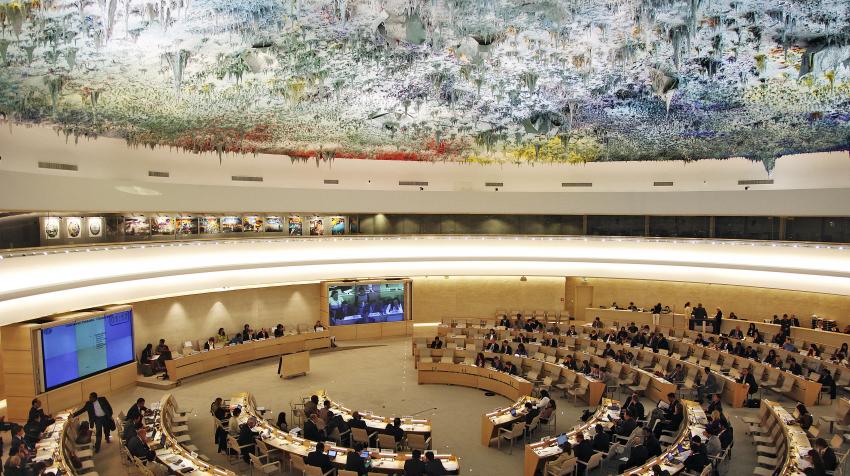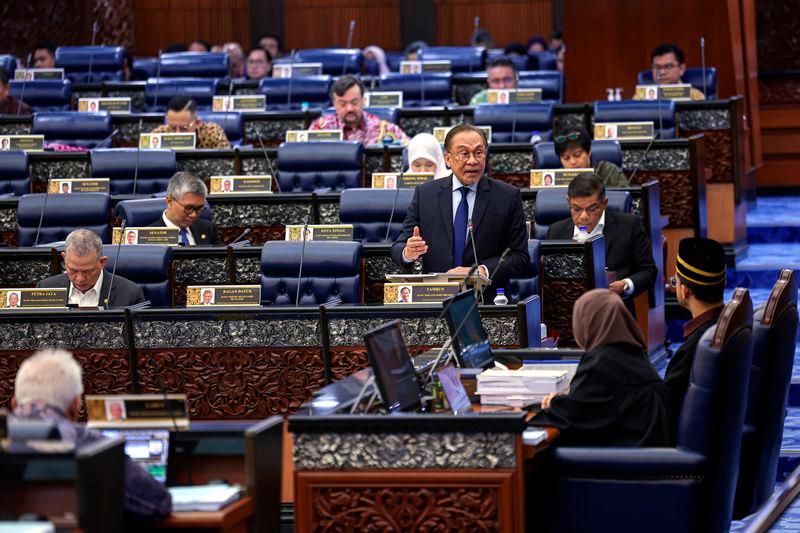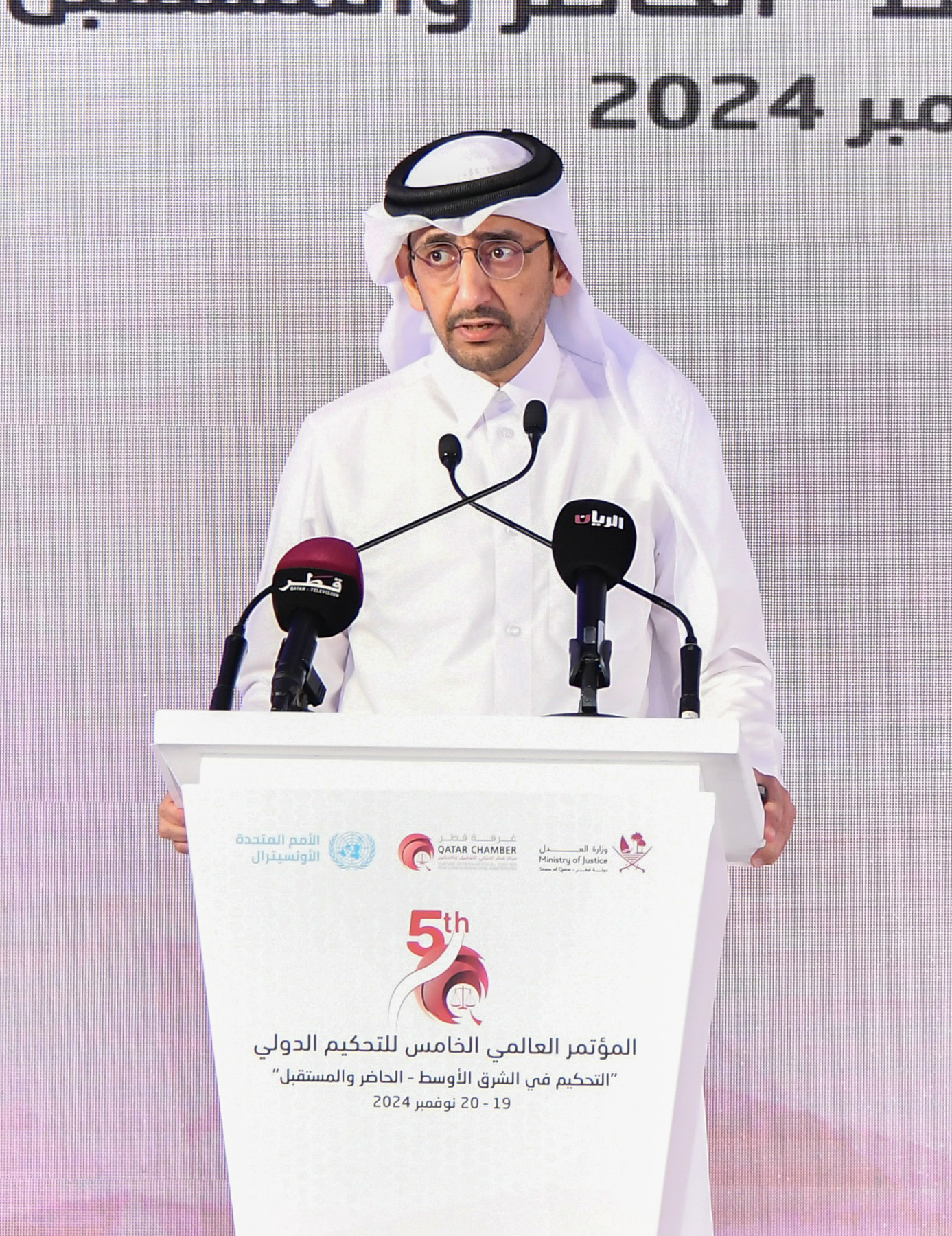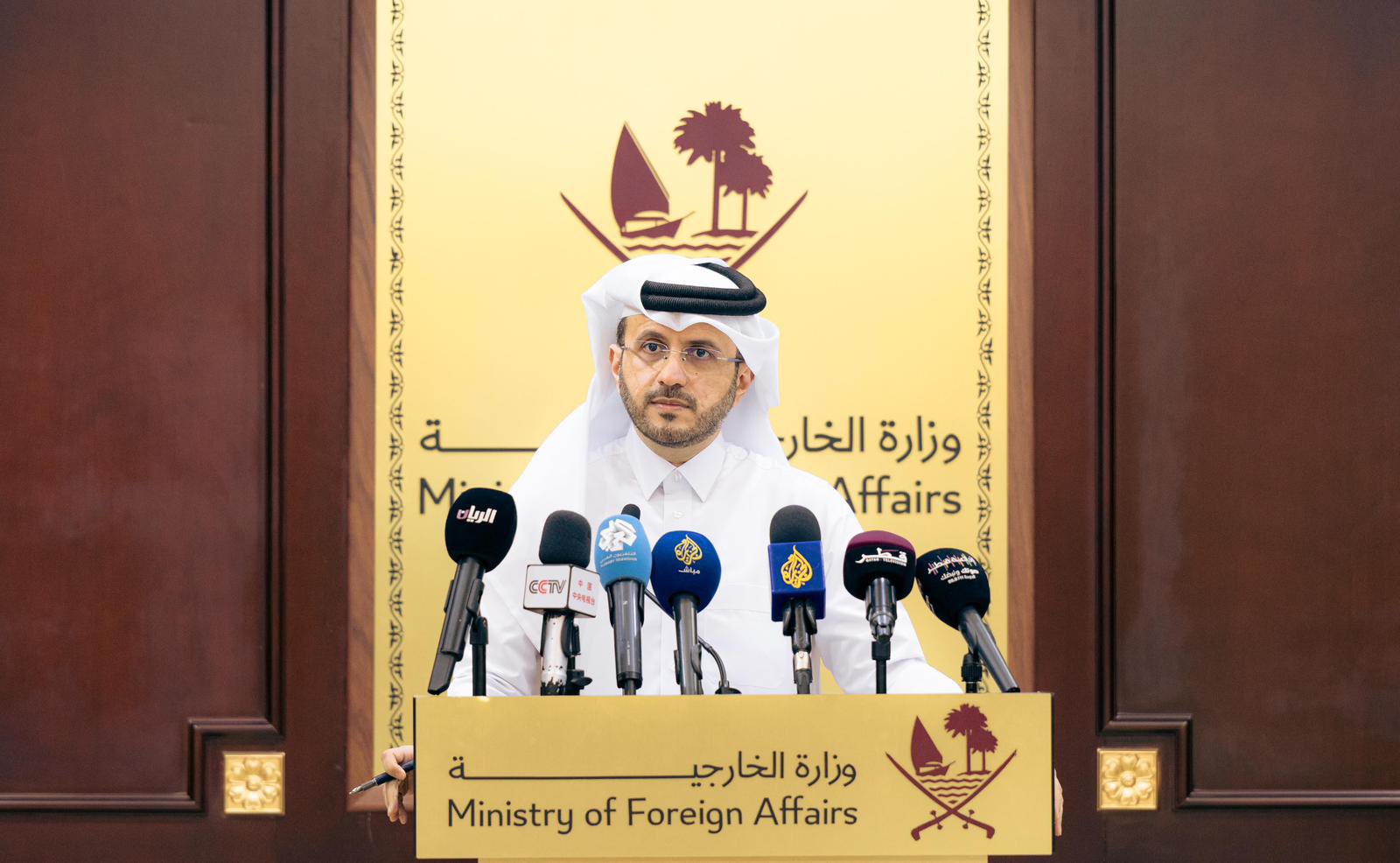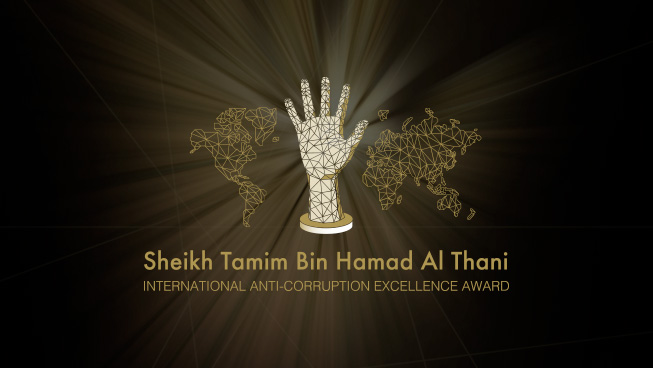Qatar received feedback and praise at the Human Rights Council in Geneva during its first ever five-yearly review.
During Qatar’s first ever five-yearly review at the United Nations Human Rights Council (UNHRC) in Geneva, Qatar received praise for its labour reforms prior to hosting the FIFA 2022 World Cup.
Qatar’s permanent representative to the UN, Hend Abdulrahman Al Muftah, discussed Doha’s labour law reforms that came into effect in recent years. Those included Qatar’s introduction of a minimum wage, freedoms to change employers and combating forced labour and trafficking.
Qatar “highly appreciated” the contribution of migrant workers who are “true partners,” Al Muftah added.
The session also saw recommendations from participating nations to Qatar to further improve the Gulf state’s labour laws.
French representative Claire Thuaudet recommended that Qatar “pursue the implementation of the labour laws” with more strength, related to the 2022 World Cup hosted in Doha.
Sierra Leone also shared its recommendation with Qatar, saying the Gulf state should “consider abolishing all vestiges” of the labour sponsorship system referred to as the ‘Kafala’ system.
“We commend Qatar for its notable reforms in labor migrant legislation,” the UN representative from the Netherlands said.
“These are significant but more effective enforcement and implementations are needed.”
The session also discussed Qatar’s work in protecting the rights of women in the country. Al Muftah confirmed that 120 women held diplomatic roles in Qatar.
Recommendations regarding divorce, custody of children and the male guardianship system were presented by UN representatives from Sweden and Iceland.
On the press freedom front, Norway urged Qatar to safeguard “civil society, human rights defenders and journalists [enabling them] to operate freely without fear of reprisals”.
Al Muftah noted that Qatar had risen to number 84 in the Reporters Without Borders’ global press freedom index.
Qatar concluded its presentation at the UNHRC on Tuesday with Qatar’s Minister of Sports representative Nasser Ali Al Khater hailing sports as “an important platform to enhance cooperation between people”.
“This is what we achieved during the World Cup,” Al Khater added. “Qatar shall continue its efforts in the field of sport and empowerment.”
Labour Law Reforms
Among the major labour law reforms that were put in place in Doha included the introduction of a minimum wage, the first ever in the region.
In March 2021, Qatar introduced a minimum wage of QAR 1,000 to all employees across all sectors, including domestic workers.
The law stipulated that employers must additionally provide QAR 500 per month for accommodation and QAR 300 per month for food unless provided by their employer.
New laws also meant that employees would no longer need to obtain No-Objection Certificates (NOCs) to terminate their contracts with their employers.
In October 2018, Qatar’s Amir Sheikh Tamim bin Hamad Al Thani issued Law No. 17 of 2018 established the Workers’ Support and Insurance Fund.
The fund was set up for the purpose of protecting workers from the impact of overdue or unpaid wages, especially in cases where the employer is forced to close due to going out of business or illegal activity.
In March 2018, Qatar established Labour Dispute Resolution Committees with the aim of improving access to justice by settling labour disputes within three weeks of a migrant worker filing a complaint.
The International Labour Organisation (ILO) also opened its project office in Qatar in April 2018.
This year, the ILO extended its technical cooperation programme with the Qatari government for another four years to build upon recent reforms by enhancing key labour market institutions.
Earlier this year, Doha compensated workers and hotel staff who were charged unauthorised recruitment fees to work during the FIFA World Cup Qatar 2022 with QAR 86.6 million ($24m).
One year after the end of the historic football tournament, Qatar’s International Media Office detailed the Gulf state’s commitment to protecting workers’ rights.
“Qatar has further strengthened its labour system since the end of the tournament. Existing reforms continue to be fully implemented. Between January and August 2023, over 153,000 workers successfully transferred to new employers,” the IMO told Doha News in a statement.

